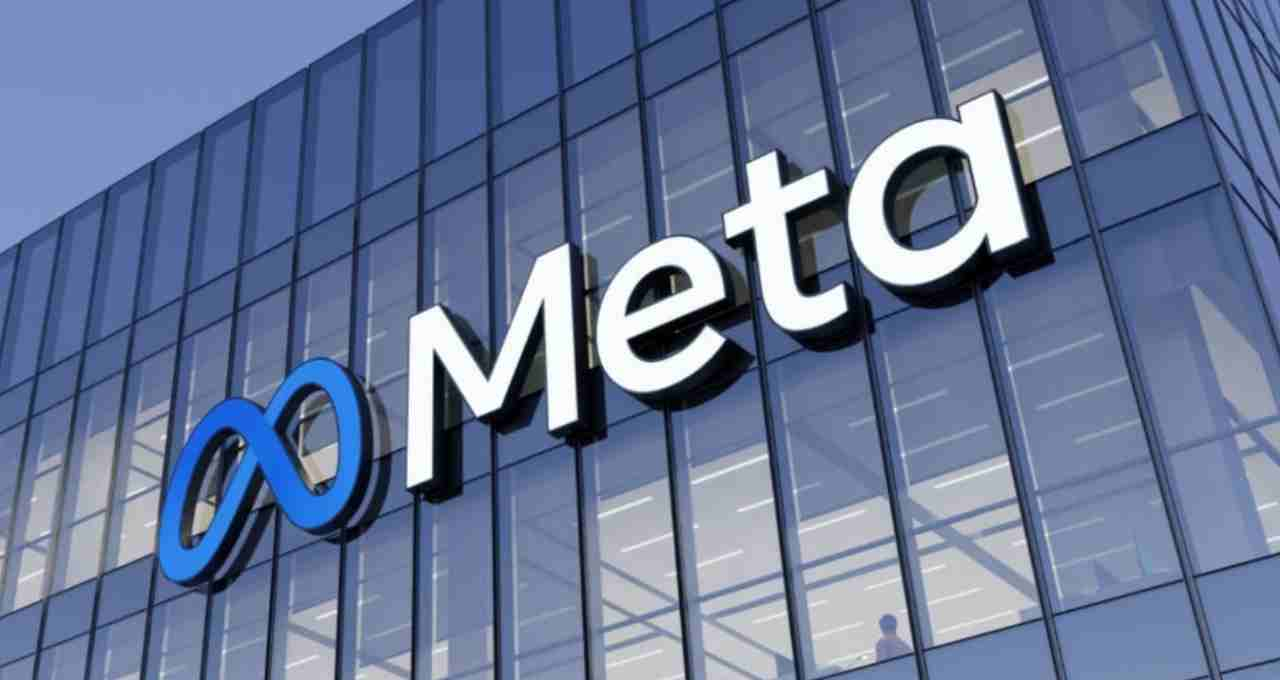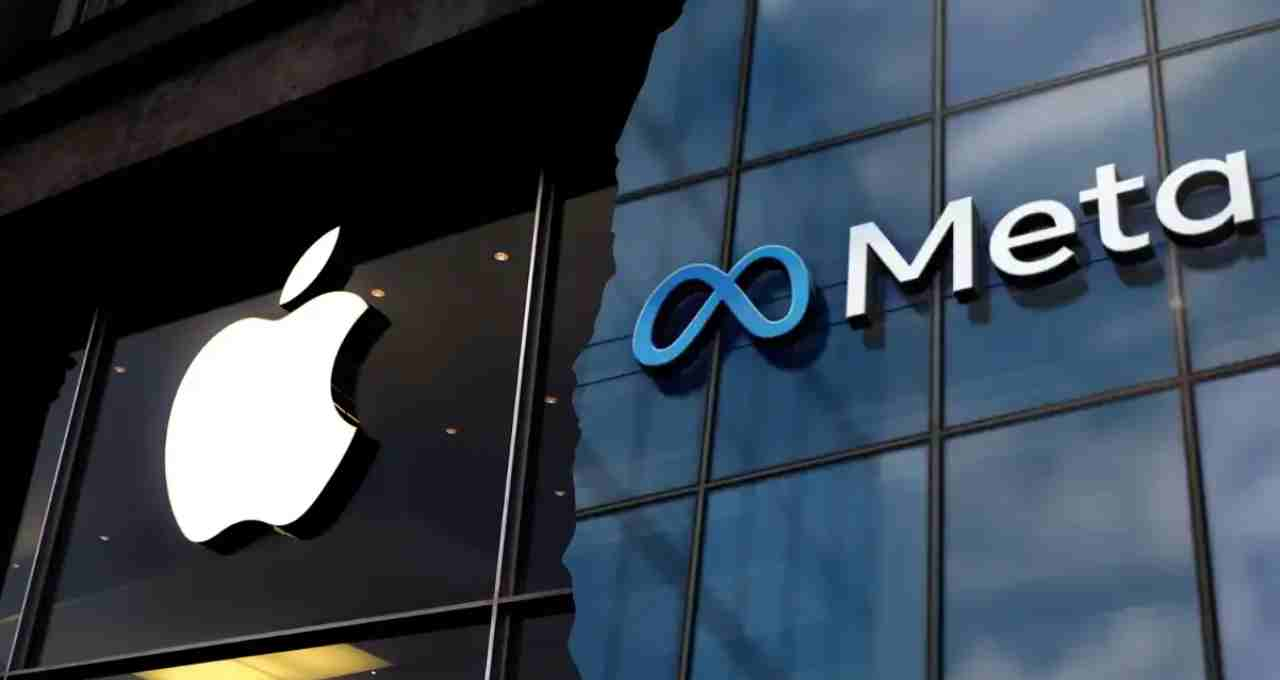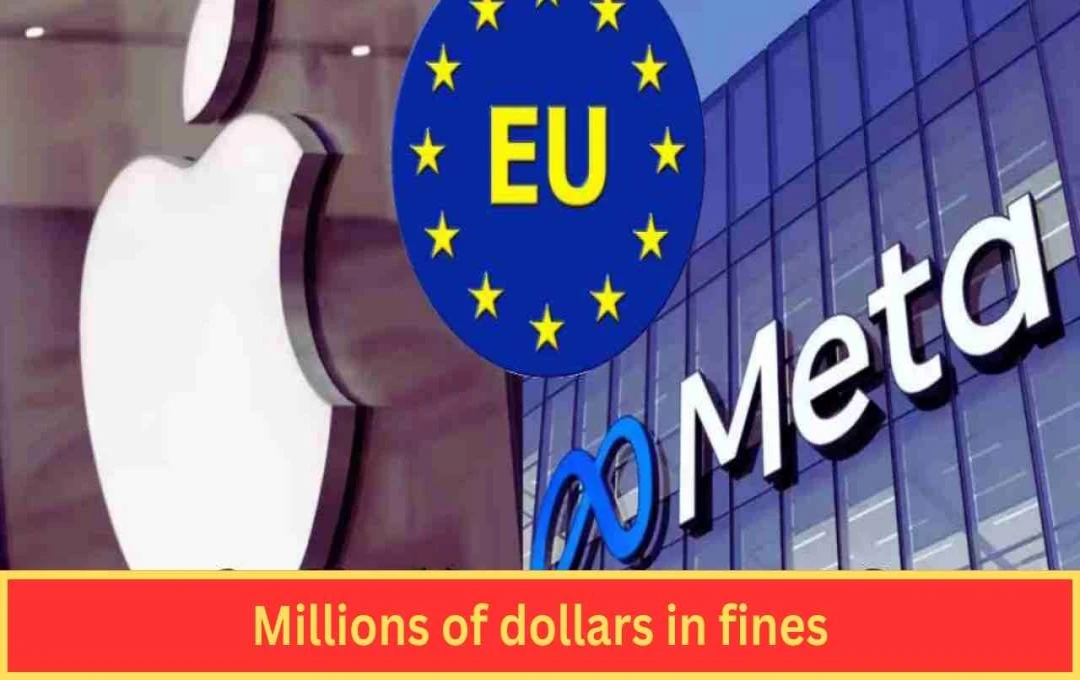Meta, the parent company of Facebook and Instagram, and Apple have been slapped with hefty fines by European Union antitrust regulators. Meta has been fined €200 million (approximately ₹1947 crore), while Apple received a €500 million fine (approximately ₹4866 crore).
Apple and Meta: The European Union recently imposed significant fines on two technology giants, Apple and Meta (parent company of Facebook and Instagram). Apple was fined €500 million (approximately ₹4866 crore), and Meta received a €200 million fine (approximately ₹1947 crore). These fines were levied due to violations of the Digital Markets Act (DMA).
The European Union took this action after a year-long investigation, proving that these companies violated the EU's Digital Markets Act. This news has sent shockwaves through the entire tech industry.
What is the Digital Markets Act (DMA)?
The Digital Markets Act (DMA) is a law implemented by the European Union aimed at boosting competition against large digital platforms. The law intends to prevent large digital platforms (such as Google, Apple, and Meta) from abusing their market power and ensure a level playing field for smaller businesses.
This act specifically targets companies that act as 'gatekeepers' in the digital ecosystem and exert significant market influence.
Allegations Against Apple:

Apple is accused of forcing developers within its app store to operate under its terms. Apple didn't allow developers to promote cheaper offers or deals outside the app store through their apps. Additionally, Apple charges developers a fixed fee for promoting their apps on its app store.
It's also alleged that Apple charges fees if developers wish to use alternative distribution channels for their apps. This entire process maintains Apple's control over the app store, making it difficult for developers to operate as they see fit.
The European Union viewed this as hindering competition and harming smaller developers, resulting in the fine imposed on Apple.
Allegations Against Meta:

Meta, on the other hand, is accused of employing a 'pay-or-consent' model for displaying advertisements to users on its platforms (Facebook and Instagram). Under this model, Facebook and Instagram essentially force users to consent to advertisements in exchange for free services. The European Union claims this model harms competition and has deemed it illegal.
Meta is accused of using this model to generate substantial revenue from advertisers while failing to adequately inform users. The European Union has warned Meta that failure to change its business practices could result in even stricter action.
Meta rejected the fine, considering it an obstacle for American businesses, while also claiming that different rules are applied to Chinese and European companies.
Strained US-EU Relations Due to the Fines?
The impact of these fines extends beyond the companies themselves; it could exacerbate trade tensions between Europe and the United States. The European Union has taken similar actions against American companies before, and this fine may further increase American opposition. Former US President Donald Trump has frequently questioned European Union policies, and this fine is likely to increase tensions further.
Trump has repeatedly advocated for American companies, and this fine could deepen the existing controversy. The US government might retaliate following this move by the European Union.

Apple and Meta Challenge the Fines
As expected, both companies intend to challenge the fines. Apple has already announced its intention to appeal the fine in court. Apple maintains that it has always provided developers with a secure and controlled platform through its app store and that the fine could harm its business policies.
Meanwhile, Meta criticized the European Union's action, stating that the move is directed against American businesses and lacks proper understanding. Meta argues that this is not just about the fine but an attempt to alter its business model, potentially causing it significant harm.














